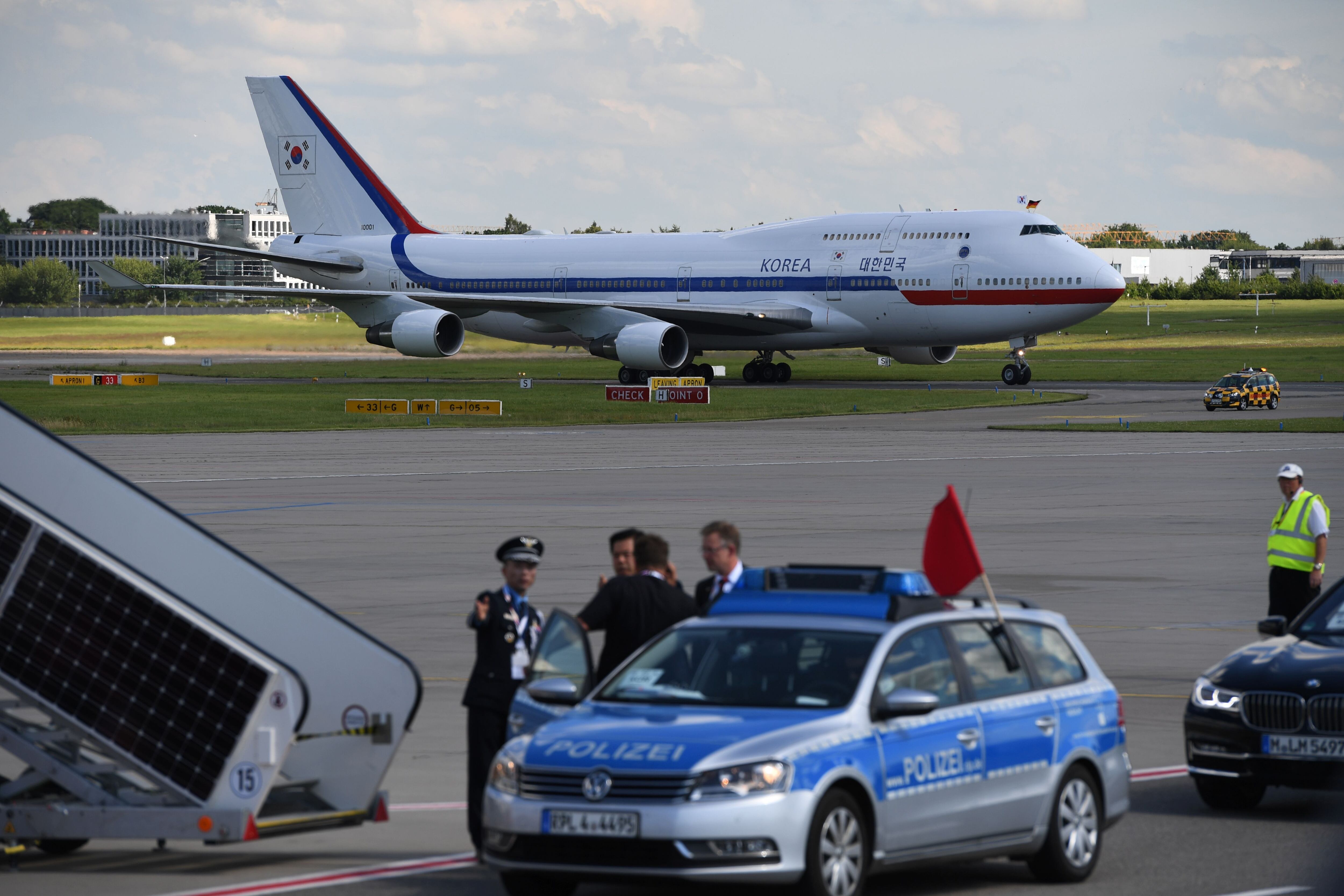SEOUL, South Korea — South Korea’s arms procurement agency recently signed a contract to purchase 90 more Taurus long-range, air-launched, bunker-busting missiles, according to defense officials.
The Defence Acquisition Program Administration, or DAPA, however, had not issued a news release on the contract, an apparent move not to harm the warming atmosphere for dialogue with the nuclear-armed North.
Tension on the Korean Peninsula has eased in the wake of meetings between North Korea and South Korea, as well as ongoing negotiations about a summit between U.S. President Donald Trump and North Korean leader Kim Jong Un.
The contract for the missile system, made by German company Taurus Systems GmbH, was signed late February, said Kang Hwan-seok, spokesman for the DAPA.
The latest contract for the Taurus missile is the second of its kind since 2013, when the DAPA ordered 170 Taurus missiles to arm the fleet of F-15K fighter aircraft. Each missile costs about $1.8 million.

The missile is a core asset of South Korea’s “Kill Chain” pre-emptive strike systems against North Korea’s nuclear and missile programs upon imminent threat.
The precision-guided missile has a range of 500 kilometers and is said to be able to destroy North Korea’s major underground facilities, including Kim’s hideouts, with pinpoint accuracy.
Last September, the South Korean Air Force staged a live-fire drill of the Taurus for the first time following North Korea’s sixth nuclear test Sept 3. During the drill, the air-to-surface cruise missile fired from a F-15K flew some 400 kilometers before hitting a designated target in the coastal waters off Gunsan, 200 kilometers southwest of Seoul.
RELATED

The South Korean Air Force is considering equipping its indigenous FA-50 light-attack aircraft with the Taurus 350K-2 missile, a shorter version of the Taurus 350K, as part of the FA-50 modernization efforts. The service operates 60 FA-50 jets.
The 350K-2 is known to weigh 300 kilograms less than the original version and have a hitting range of 300 kilometers.
In December, the service commissioned the six-month feasibility study of the FA-50 modernization plan to a Seoul-based defense institute. The modernization plan includes armament upgrades, air-refueling capability and engine improvements, according to Air Force officials.
Email: jeff@defensenews.com
Jeff Jeong was the South Korea correspondent for Defense News.








